By Sufuyan Ojeifo
I watched a part of the televised conversation between the deputy senate president, Senator Ike Ekweremadu and host of the political programme, “Roadmap 2019”, Ladi Akeredolu-Ale on Channels Television in the night of Monday, December 17, 2018.The interviewer tried to run rings round Ekweremadu but, as usual, the deputy senate president was sharp in his responses, which reconfirmed his expected brilliance. He also renewed my impression of him as an archetypical intellectual of the philosophical genre.
Indeed, Ekweremadu has relentlessly deployed his knowledge of Law, a discipline in which he holds a PhD, to robustly and pragmatically benefit his politics, particularly his legislative odyssey. This has been evident in the discharge of his duties as a presiding officer and chair of the Constitution Review Committee in the senate for about twelve years.In the context of that legislative exertion, especially between 2007 and 2011, Ekweremadu had stamped his imprimatur in the series of amendments to the grundnorm- the 1999 Constitution of the Federal Republic of Nigeria as amended in 2010.
He had replicated the same gravitas from 2011 to 2015. Significantly, both epochs were under David Mark’s senate presidency, produced by the Peoples Democratic Party (PDP), which was then the party in government at the executive level and in the majority in the National Assembly.In 2015, through alliance of forces, Senator Bukola Saraki emerged as senate president on the platform of the All Progressives Congress (APC) and Ekweremadu emerged as deputy senate president on the PDP platform, a development that has exacerbated dissonance between the senate and the APC-controlled executive arm of government.The circumstance that produced the Saraki/Ekweremadu leadership in the senate had also produced Speaker Yakubu Dogara in the House of Representatives.
The only exception was that both Dogara and Deputy Speaker, Yusuf Lasun, were then of the APC. Dogara recently returned to the PDP, days after Saraki crossed over.Understandably, the development in which members of the minority in the National Assembly are presiding officers has continued to rankle the APC. Forces in the APC and the Presidency had severally and unsuccessfully moved to indict and remove Saraki and Ekweremadu, using the Code of Conduct Tribunal, the Courts and some presidential panel.The development has culminated in a frostier relationship between the executive and the National Assembly. It has become difficult for the APC-controlled executive to reach out to the leadership of the senate for understanding on issues that would typically require legislative support.Remarkably, back in the PDP, Saraki is firmly in the saddle because the APC does not have the constitutional two-thirds majority to remove him.
The development has, indeed, aggravated the hostilities between the senate leadership and the APC/Presidency. The cause and effect of the intractable hostilities was that lobbying, which is an essential instrumentality for securing the requisite legislative support and approval, was scorned by the executive from the outset and replaced with blackmail; while the legislature took solace in filibustering executive bills and requests that were perceivably “thrown” at the National Assembly for consideration.The federal legislature has continued to treat executive matters with characteristic antagonism and reluctance. Consider, for instance, the non-confirmation of the acting Chairman of the Economic and Financial Crimes Commission (EFCC), Ibrahim Magu, by the senate on the two occasions the request for his confirmation was sent by the presidency. That could have been expeditiously sorted out, somehow, through lobbying.
The back and forth between the National Assembly and President Muhammadu Buhari on the Electoral Act Amendment Bill is also fallout of the executive-legislature feud. Consensus could have been reached between both arms of government if operators had approached the issues at stake in a quid pro quo manner and within the context of national interests.That the issue has become intractable stems from the fact that the executive did not consider the imperative of lobbying; and, the federal legislature decided to dig in its feet, insisting on some particular amendments to the Electoral Act ahead of the crucial 2019 general election. In the main, there has been a feeling of anxiety in the land over the slow pace of governance and, far more importantly, over the likely outcome of the forthcoming presidential election. Indeed, little has been achieved in terms of governance; whereas, much more could have been achieved in an atmosphere of executive-legislature harmony.There is also the fear that because President Buhari has vetoed the Electoral Act Amendment Bill, there is likely going to be a manipulation of the electoral process.
This feeling could have been avoided if lobbying had been utilized to achieve the needful and, by so doing, confidence in the electoral process would have been boosted.Ekweremadu did not mince words when Akeredolu-Ale asked him what was responsible for the executive-legislature feud and what could be done to deal with it: lack of lobbying. His prescription is, simply, lobbying of the legislature by the executive. It is the way to go. Lobbying is not bribery as it is misconstrued in Nigeria. While bribery is universally considered illegal, lobbying is not.Lobbying is the act of attempting to influence business and government leaders to create legislation or conduct an activity that will help a particular organisation. There are other perspectives to its understanding. It is a lawful practice in advanced democracies. There is no issue with lobbying as long as it is done in accordance with the laid-down rules. The United States is a leading example in this area.
To deepen understanding and harmony between the executive and the legislature, I concur with Ekweremadu’s prescription that lobbying is it. Steps must be taken to legitimize lobbying in Nigeria through the emplacement of appropriate legislation. That will certainly bolster executive-legislature relationship.There have been attempts in the past and in recent times in the direction of enacting a legislation on lobbying by some members of the National Assembly, including Senator Ayogu Eze in 2009, 38 past and serving legislators in the House of Representatives as of 2013 and Senator Dino Melaye in 2016.The ninth National Assembly that is expected to be inaugurated in 2019 must commit itself to the task of promulgating a legislation that will legitimize and professionalise lobbying in the context of executive-legislature interactions in Nigeria. Much ground will be covered in governance with the law in place.
The legislation will regulate the practice as well as prescribe appropriate sanctions in the event of sharp practices as circumscribed by the law.Without lobbying, the cold relationship witnessed between the 8th National Assembly and the President Buhari-led executive arm of government, will continue to be a common feature in governance and nothing much can be achieved in that circumstance. It is primordial for any president to characterize the legislature as corrupt and indolent. If that is the overarching disposition, many things would remain trapped in the webs of Executive-Legislature feud. Both arms must respect each other.Ekweremadu’s prescription should be sustained on the front burner.
The 8th National Assembly should be excused for not pushing through the Bill sponsored by Melaye on lobbying due to distraction of focus, crises of confidence and mutual distrust between it and the executive. The ninth National Assembly will not be excusable if it fails to ensure that Nigeria has a Lobbying Act in place as it will, apart from quickening the governance process, significantly create job opportunities for professional lobbyists. Some legislators and journalists, who have consistently reported the legislature, could take advantage of their experiences in the practice and coverage of the legislature respectively to explore the professional terrain for sustenance. That will provide essential benefits to both government and interested stakeholders.
- Ojeifo, Editor-in-Chief of The Congresswatch magazine, is based in Abuja.









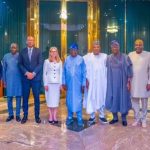



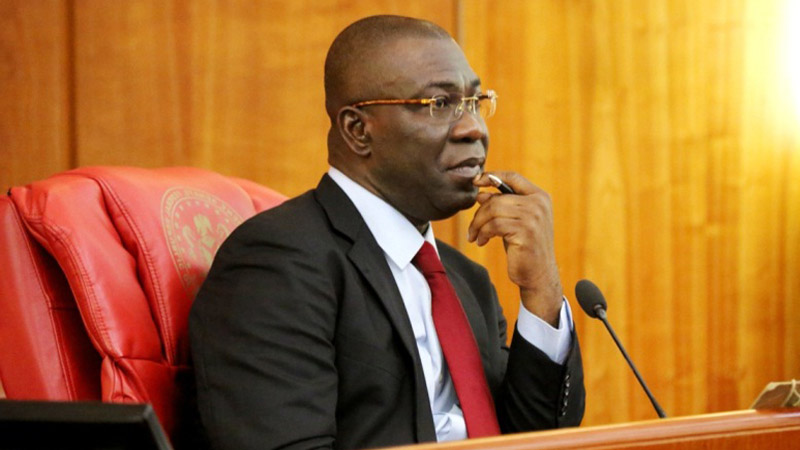
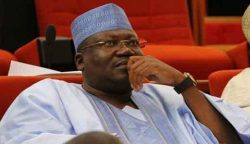
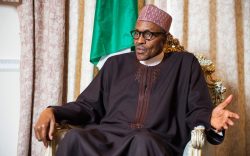


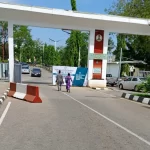
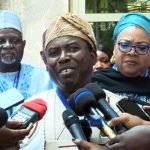
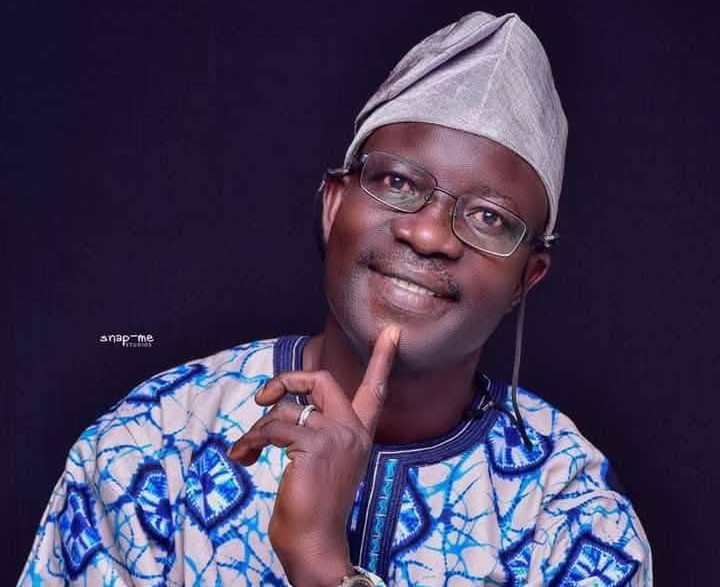
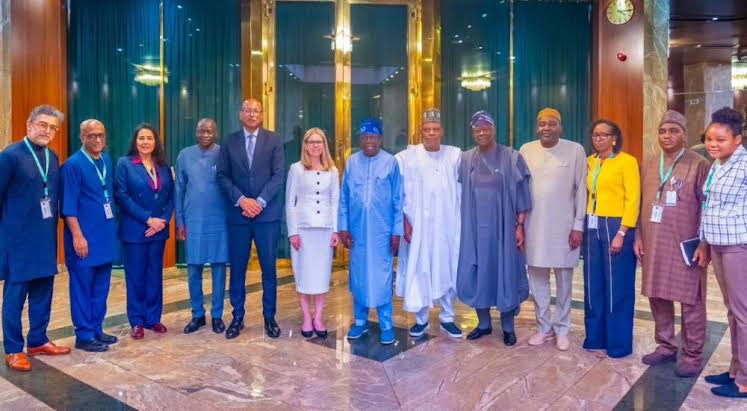

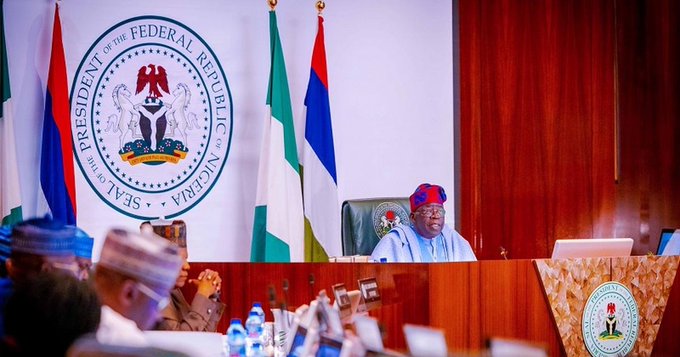
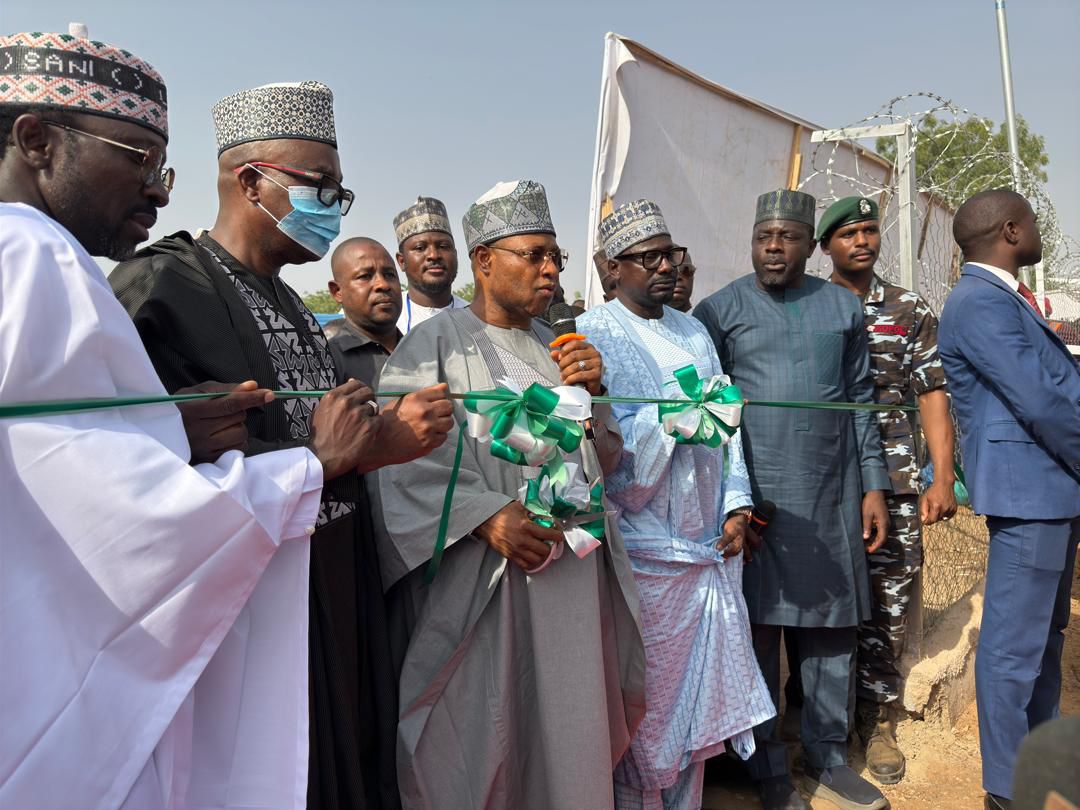
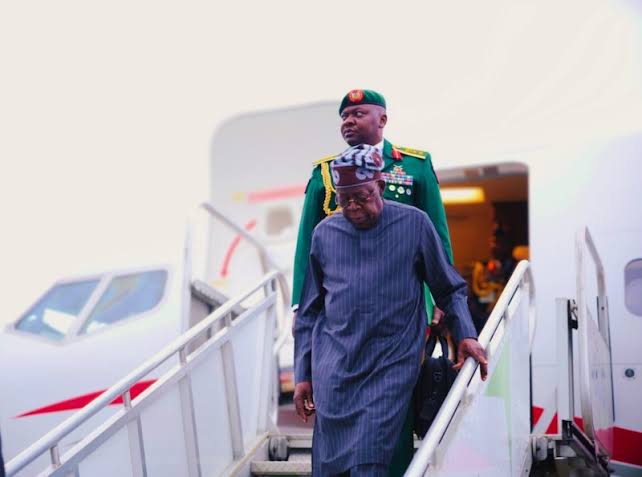



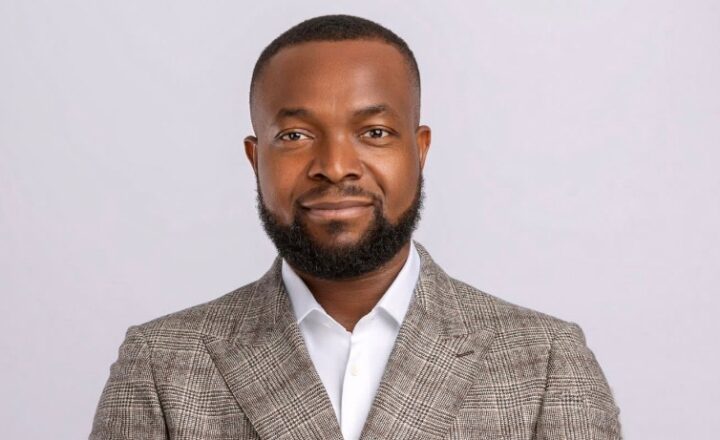
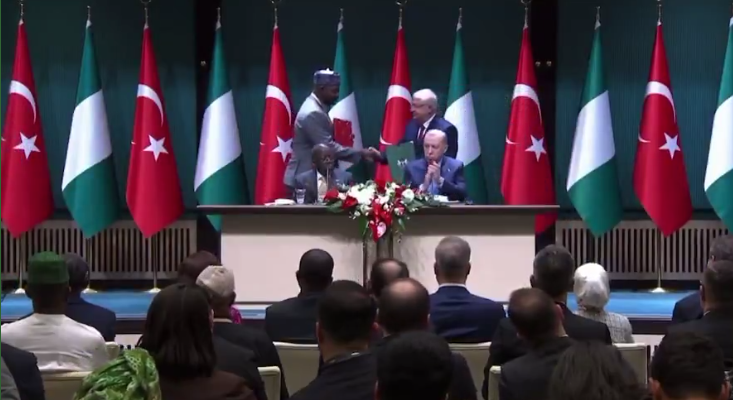
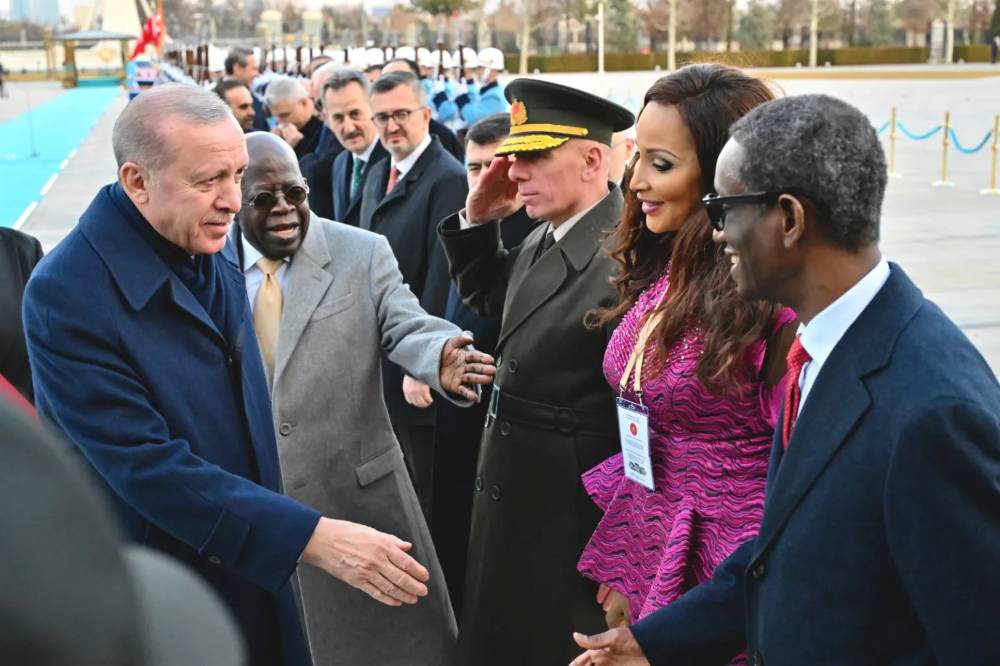


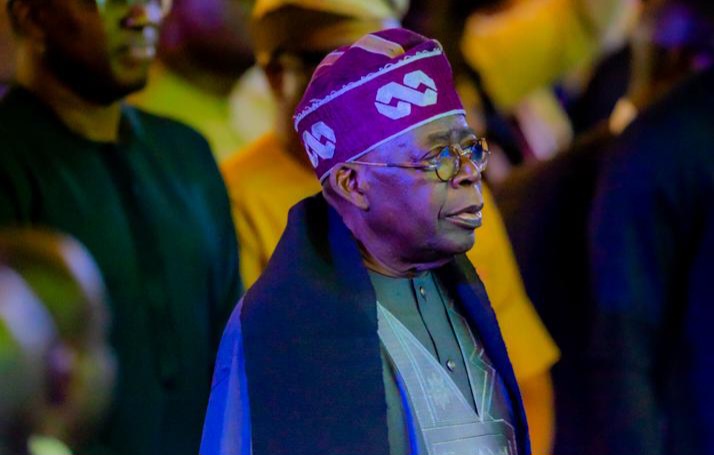
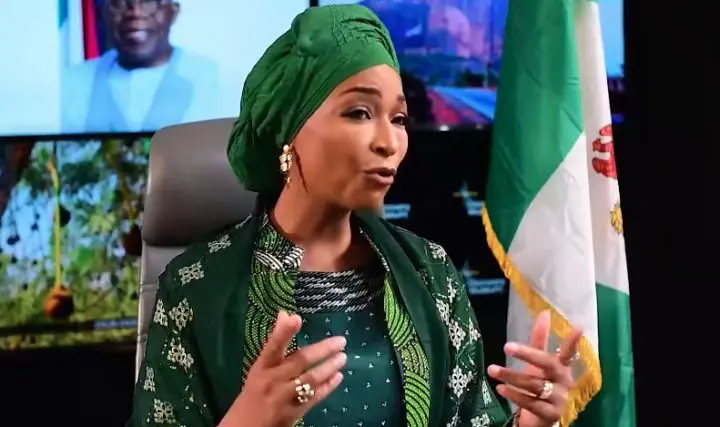
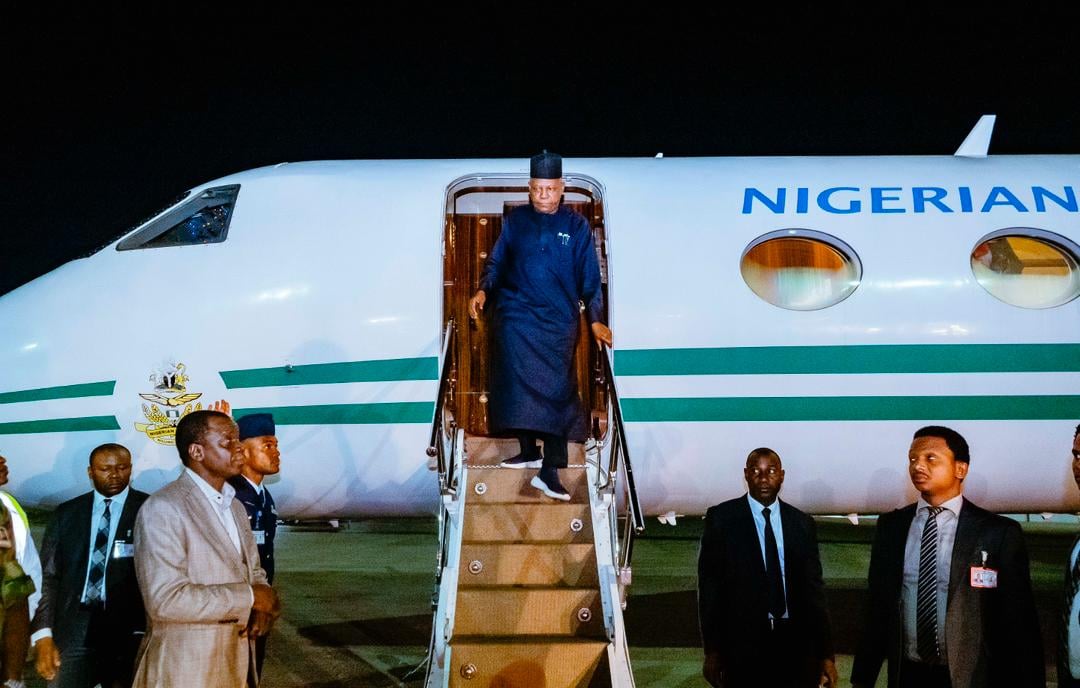
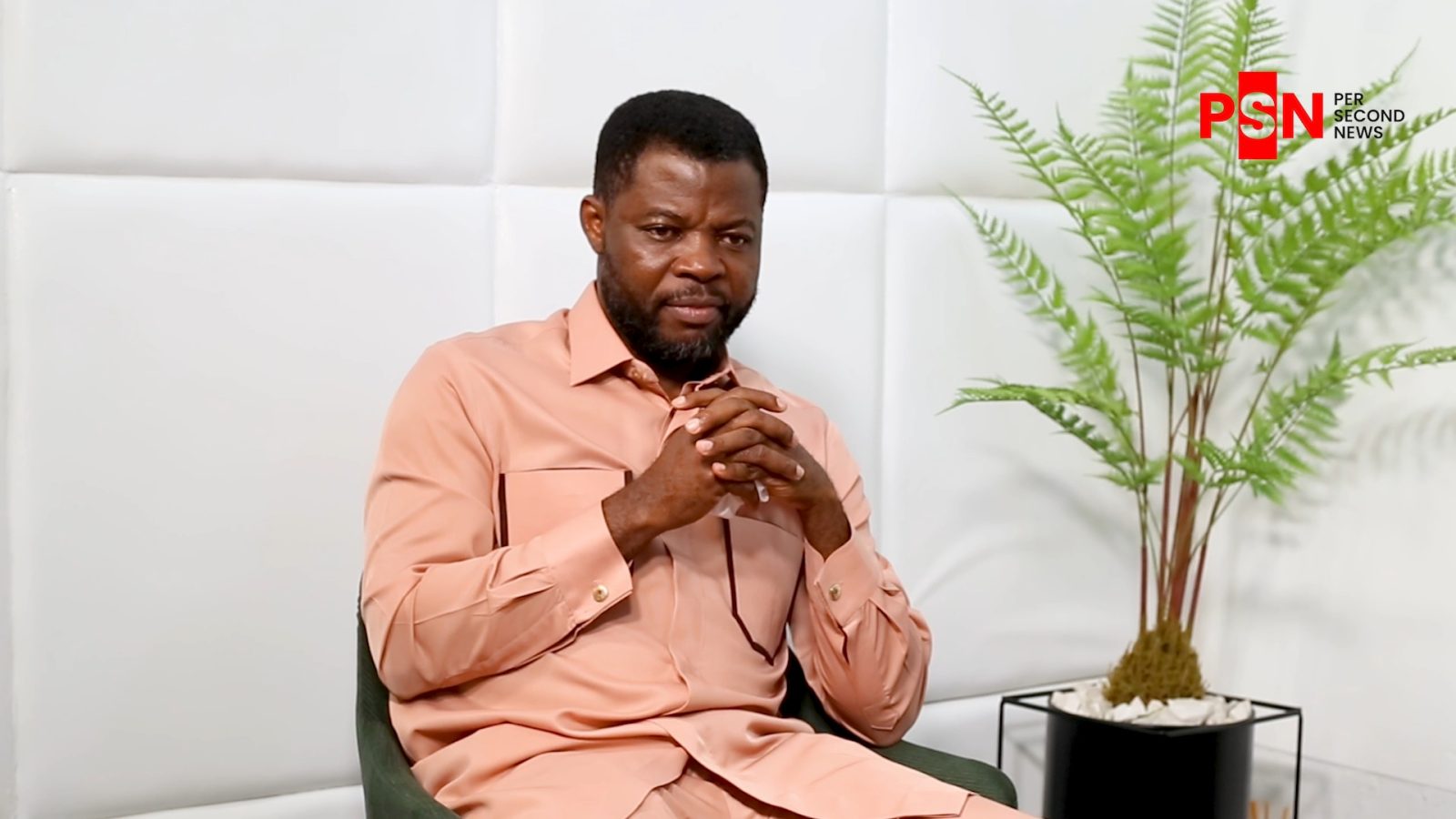
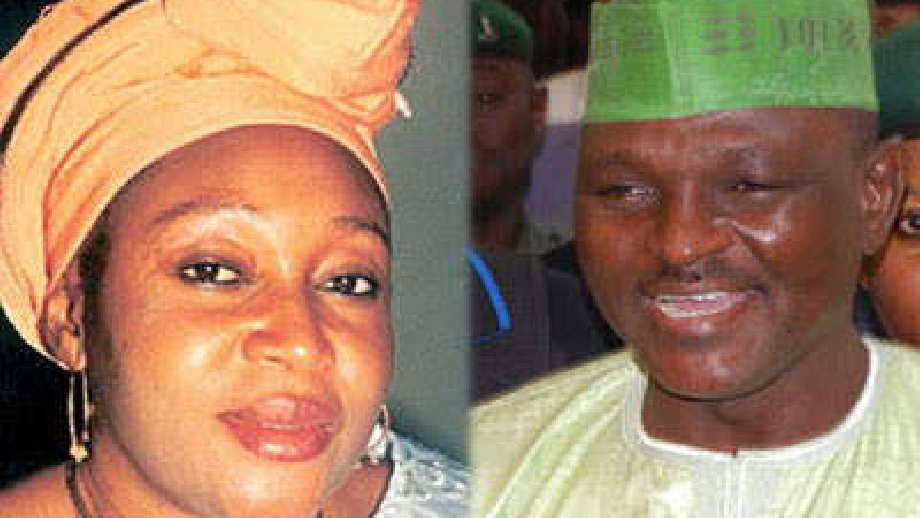
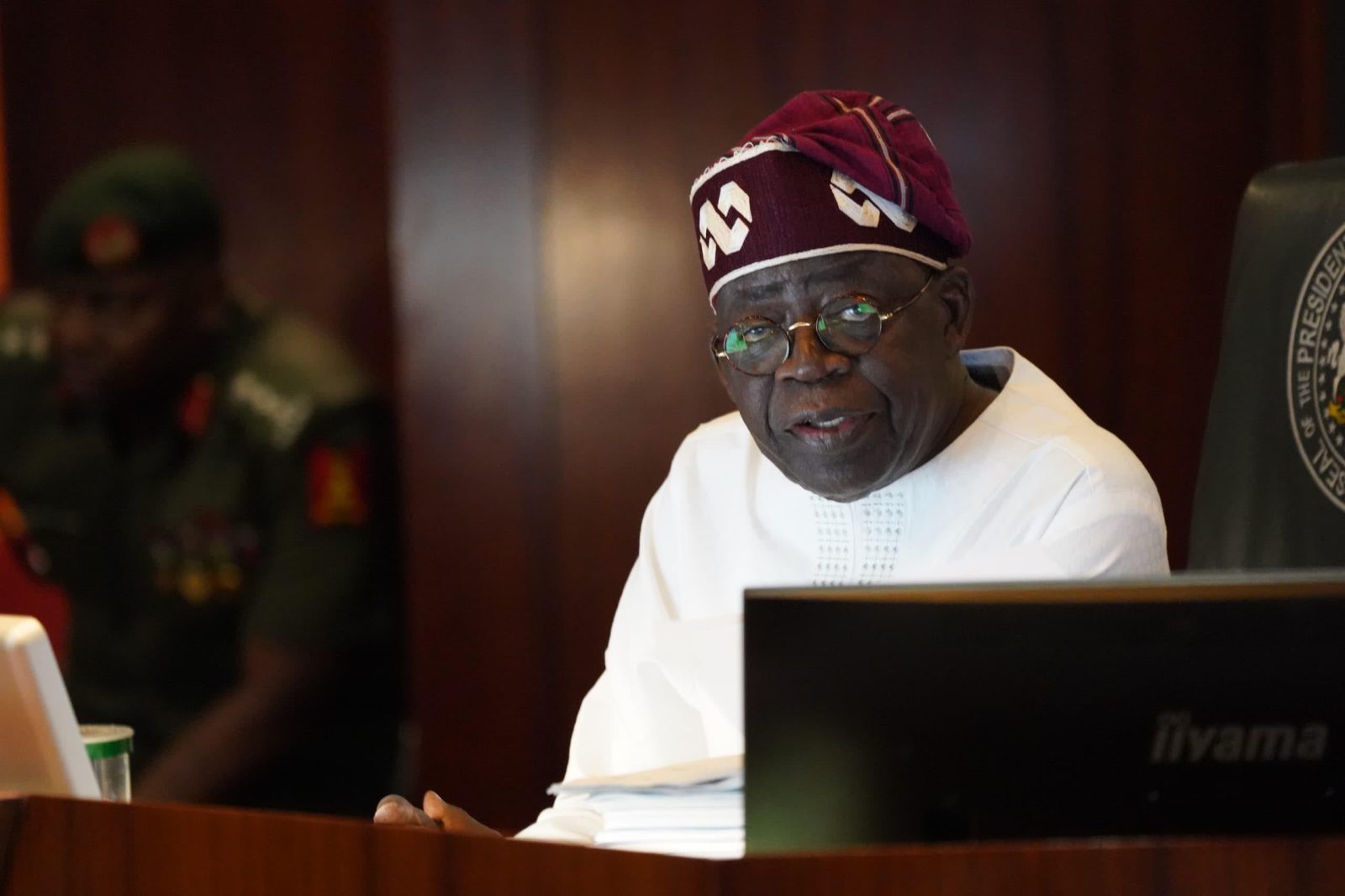
Leave a comment